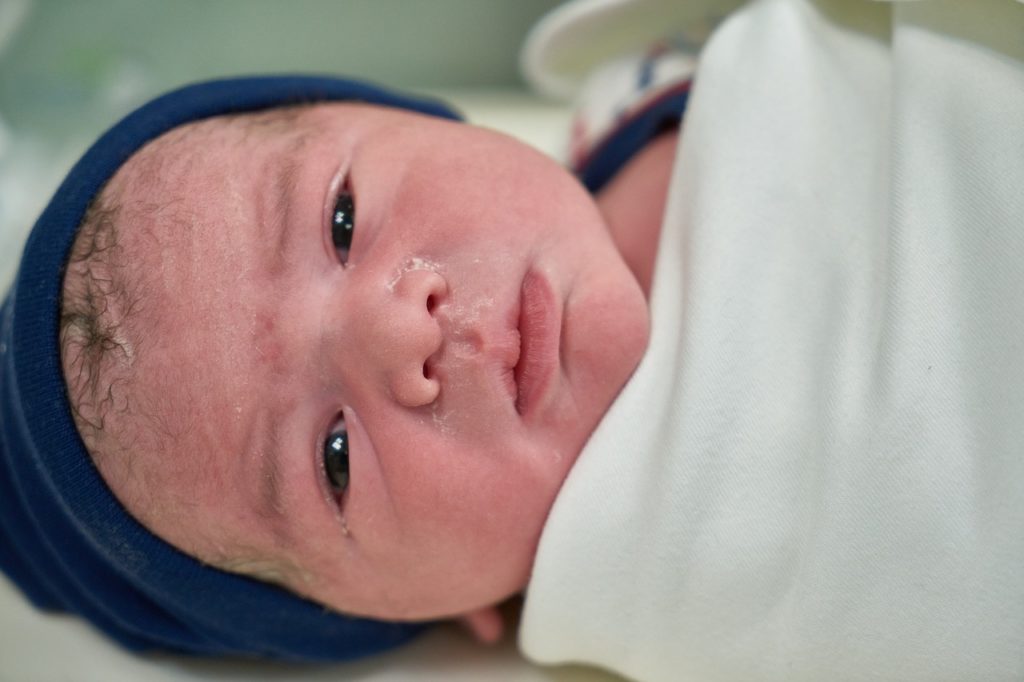Group B Strep Infection

July is Group B Strep Awareness Month. Did you know that 1 in 4 pregnant women are carriers of Group B Strep? Not every baby will become infected with GBS, but those who do can have extreme symptoms. More than 200,000 babies are infected with GBS each year in the United States. At Cheyenne OBGYN, we want to promote awareness and prevention of this disease.
What is Group B Strep?
Group B Strep is bacteria that lives in the vagina or rectum of a pregnant woman. About 25% of healthy, adult women carry GBS. The bacteria is very common, but not usually harmful. Every so often, however, it can invade the body and cause infections such as meningitis or pneumonia. GBS can cause bladder or uterine infections in the mother and more serious diseases in the baby.
Testing for Group B Strep
Women are recommended to get routine screening for Strep B while pregnant. It is performed between the 36-37 weeks of pregnancy. The vagina and rectum will be swabbed and sent to a lab to analyze for the presence of GBS. If testing positive, the mother will be given antibiotics during labor to help prevent GBS from being transmitted to the baby.
How Does Group B Strep Affect Baby?
Babies can become infected in both early-onset or late-onset GBS. Early-onset (seen between 0-6 days old) most commonly causes lung infections, blood infections, and meningitis. Late-onset will occur later than a week after birth (between 7 and 90 days old). This can lead to meningitis as well or other diseases including pneumonia. Signs that your baby may have late-onset GBS include slowness or inactivity, irritability, poor feeding, vomiting, or a high fever. It is important to watch for these symptoms and alert your pediatrician immediately if you notice them.
Prevention Methods
It can be difficult to effectively prevent the transfer of GBS during birth. A baby is at increased risk of developing GBS if the mother tests positive for GBS late in her pregnancy, if she develops a fever during labor, and if more than 18 hours pass from when her water breaks and the baby is born (CDC). GBS will most likely be treated with antibiotics such as penicillin and ampicillin. Being given antibiotics during labor greatly decreases the likelihood of the disease being passed on to the baby.
For more information on Group B Strep, see our article under our Patients Resources tab or ask your provider at Cheyenne OBGYN.
Sources
https://www.acog.org/-/media/For-Patients/faq105.pdf?dmc=1&ts=20190703T1828109032
https://americanpregnancy.org/pregnancy-complications/group-b-strep-infection/
https://www.groupbstrepinternational.org/what-is-group-b-strep.html

Leave a Reply